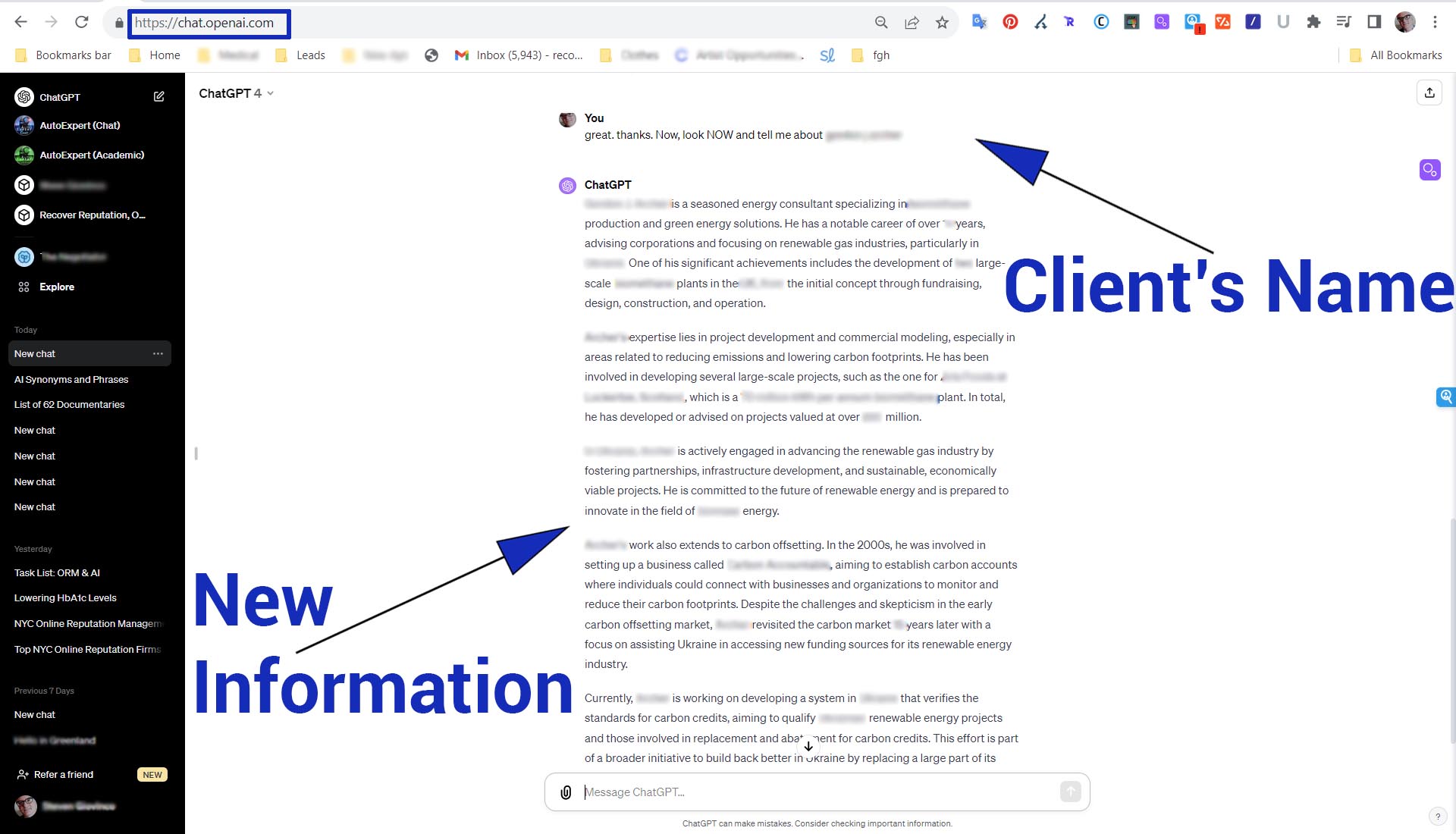Last Updated on August 9, 2023 by Steven W. Giovinco
Recovering your online reputation is time consuming and has many challenges. It usually involves adding positive content as soon as negative posts show up on the first page of Google search results.
One of the best ways to avoid this is build an online reputation as a defensive strategy.
See Related Article: “Each Negative Link or Review Loses 30 Customers or $30,000.”
Creating a strong online presence makes you and your company less susceptible to the impairment of your business due to disparaging remarks, negative reviews or a purposeful smear campaign by a competitor.
I’ve worked with several clients that have NO online presence, and as a result when a disgruntled employee posted something on Complainsboard.com and Scam.com, it shot right to the top of the search results—and stayed they for years until they decided to do something about it.
Here are five tips to defensively manage your online reputation—before you need to recover it:
Monitor 1. Your Online Reputation
There are many free tools, but Google Alerts might be among the best. Just sign up for a Google account if you don’t already have one and go to and set up Google Alerts. There you can enter the word or phrase you want to monitor.
Usually, enter your name or your business name. If it’s a common name, you can include an attribute about your name, such as, “John Smith Attorney”. You can also select how often you want alerts (select immediately) as well as a few other options.
2. Know Your Current Reputation
Search for yourself or your business to be aware of your current online reputation.
Do you have any issues that you didn’t know about? Are there blog postings—positive or negative—about you that have been picked up and reposted elsewhere? Do you see X (Twitter) and other accounts first or on the first page? Is your own site showing up? Just get a general understanding of what is out there about you.
3. Create Your Online Reputation
A great place to start are with the big sites that search engines see as trustworthy. If you don’t have a Twitter account, create one immediately; if you already have one, review it and make sure it includes your name and business in the Bio section.
Do the same for Facebook and LinkedIn.
There are many other sites that are important, including ones specific to your industry. For example, if you are a lawyer or doctor, create a presence on Avvo.com or other sites. There are literally hundreds to choose from but it might be hard to weed through them all with out some additional help.
It’s also important to find sites that Google thinks are important; adding information to some sites could be a waste of time.
4. Create a Blog to Boost Your Online Reputation
Writing a blog is a great way to defensively address your online reputation. Select a topic that you are an expert in and generate content weekly or even daily, if possible.
The more specific and unique the subject, the better—and the better chance you will have it being picked up by another blog or web site, which is important.
5. Work with an Online Reputation Management Expert
If all else fails, you might need to work with an expert in the field. A good online reputation manager would review your issues and your needs and construct an effective solution, using most of the above suggestions but in a more pinpointed way (for example, they might know already which sites you should have a presence on).
Creating a defensive approach to your online reputation can be extremely beneficial and can save you time and money if a negative review or post or attack occurs. Feel free to contact Recover Reputation with any questions.



